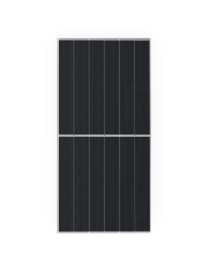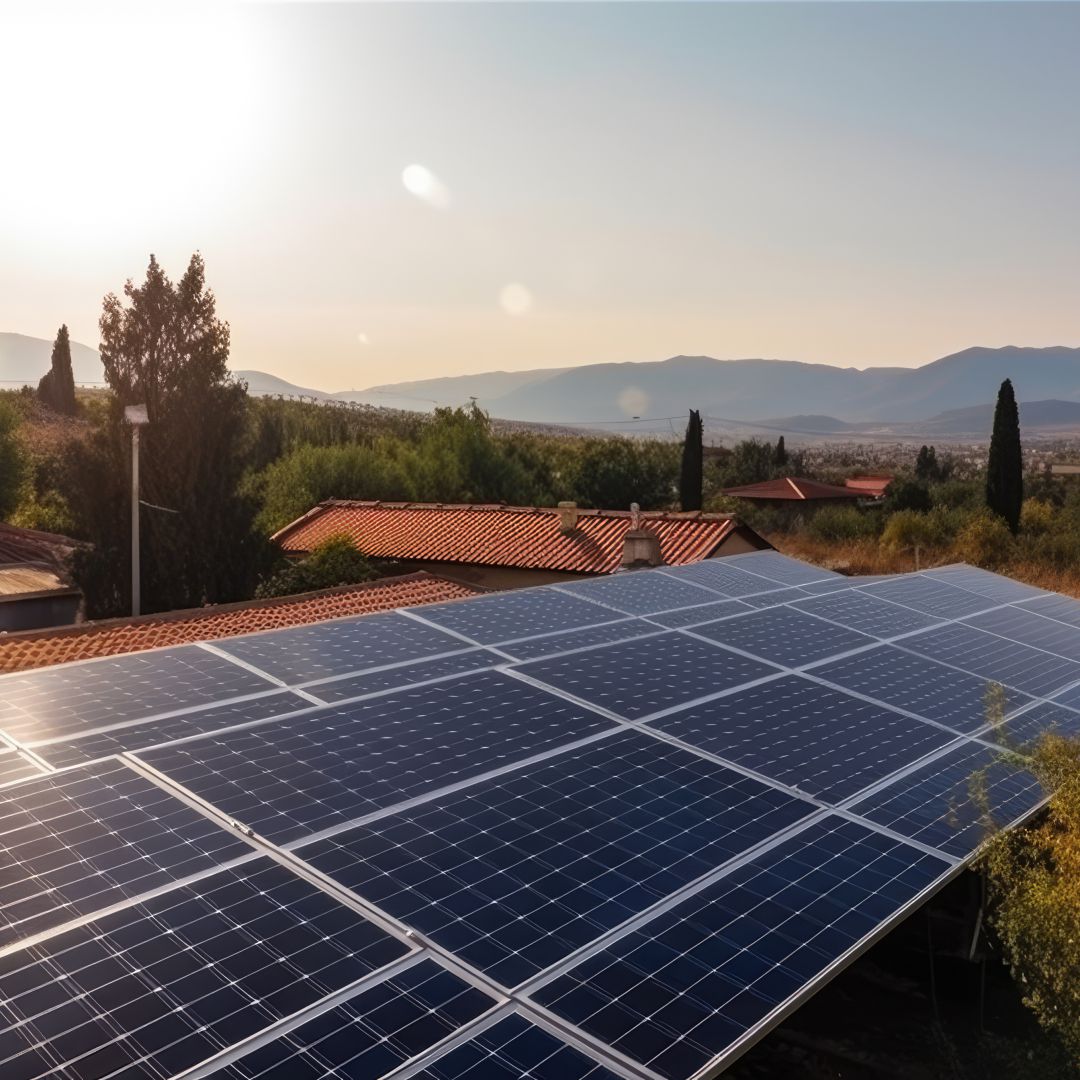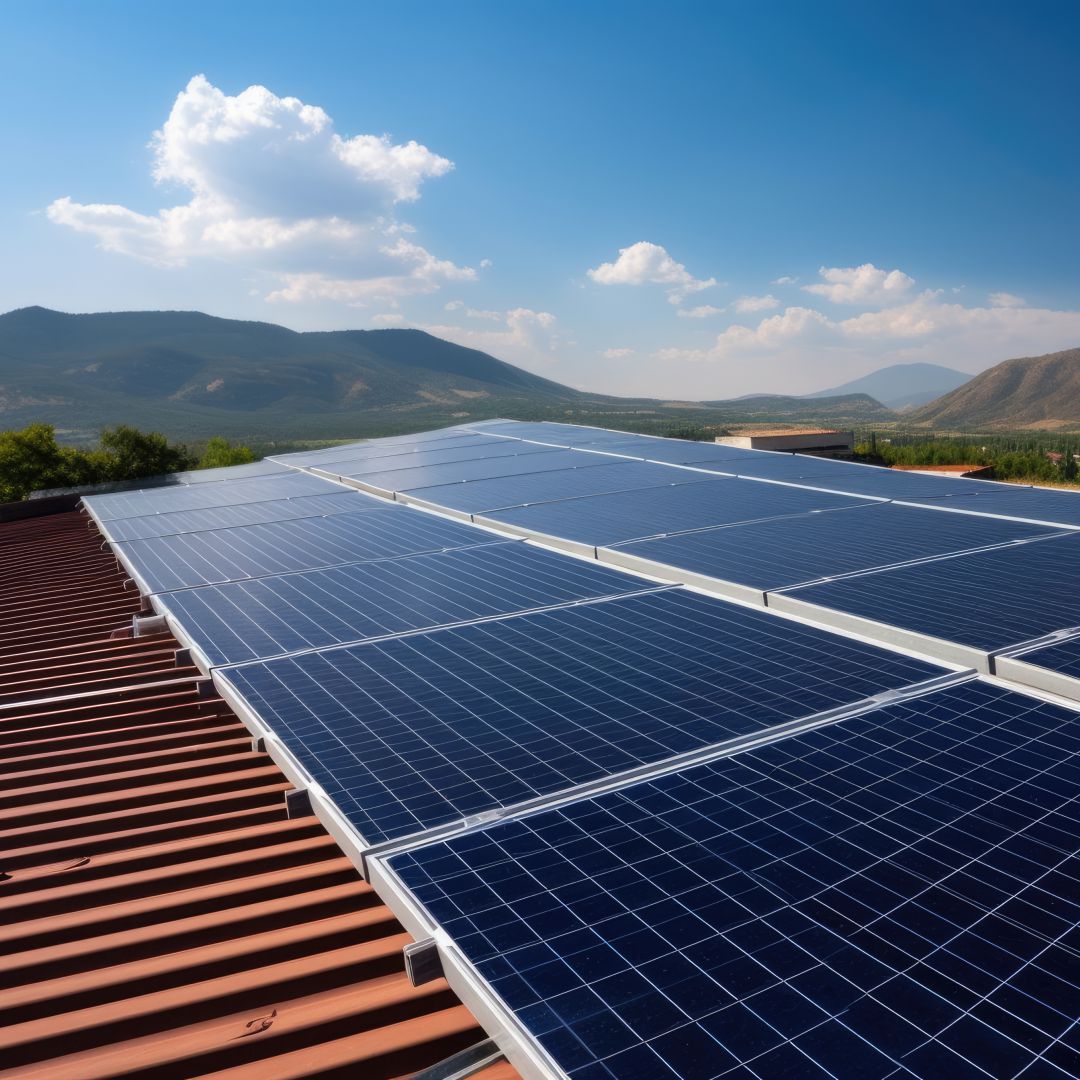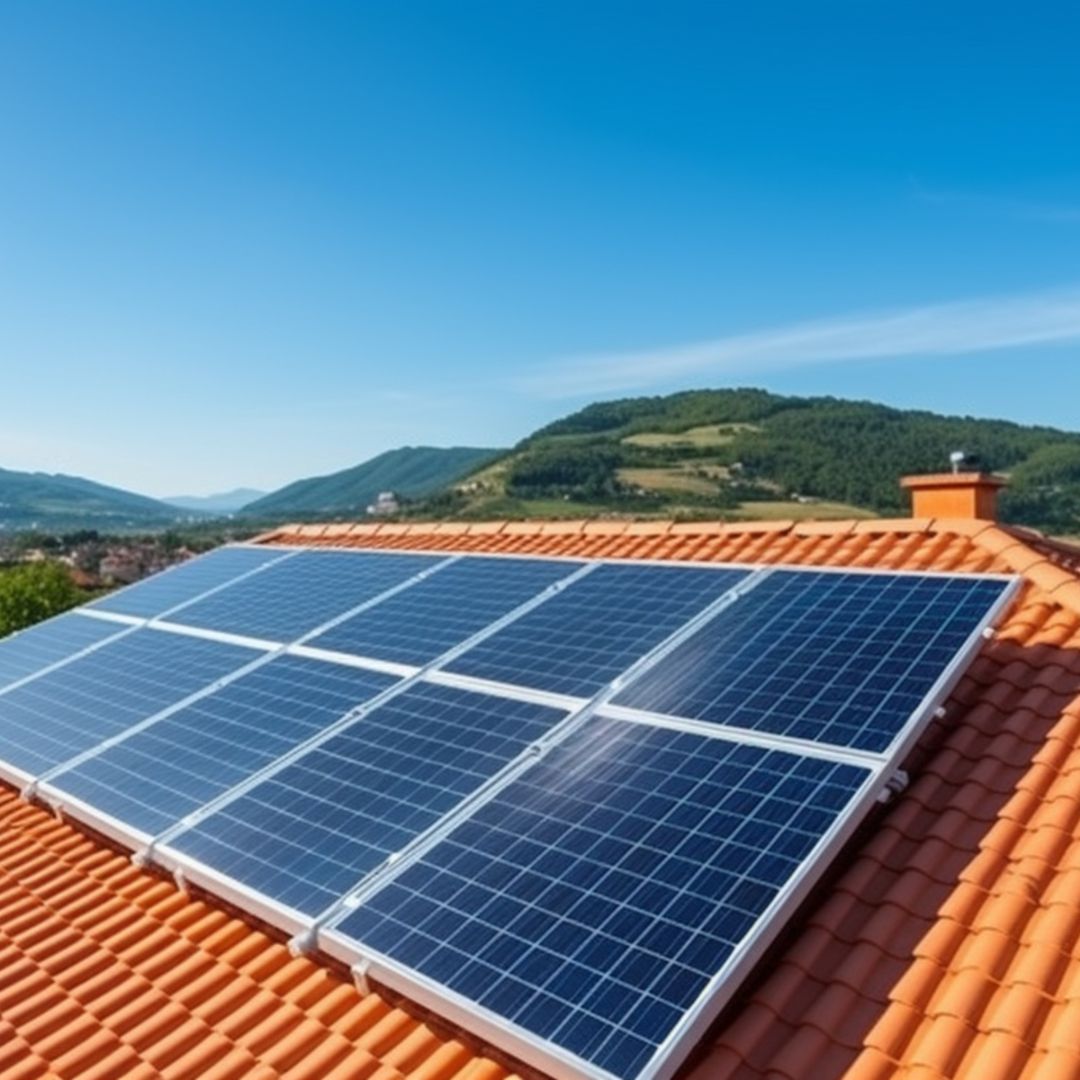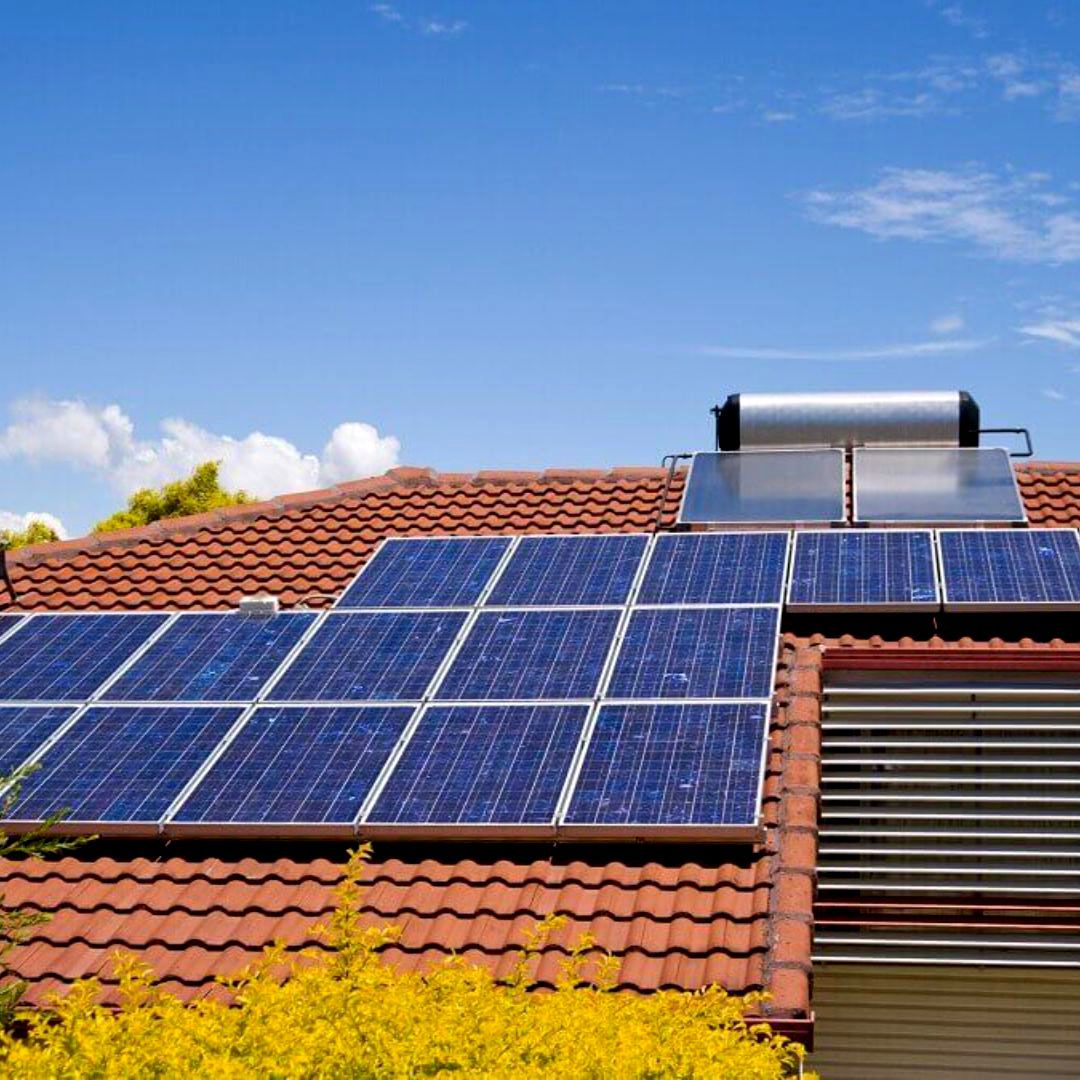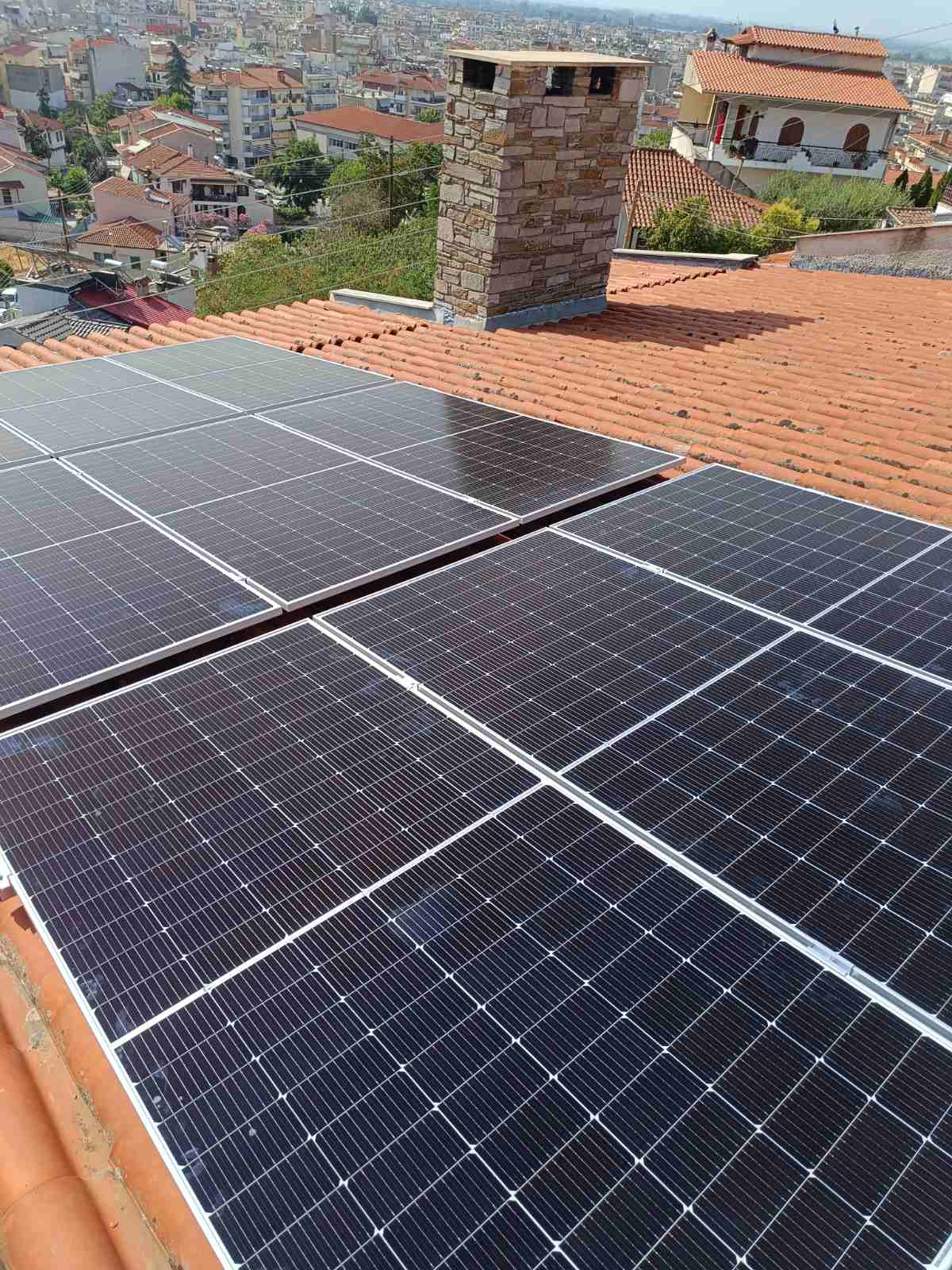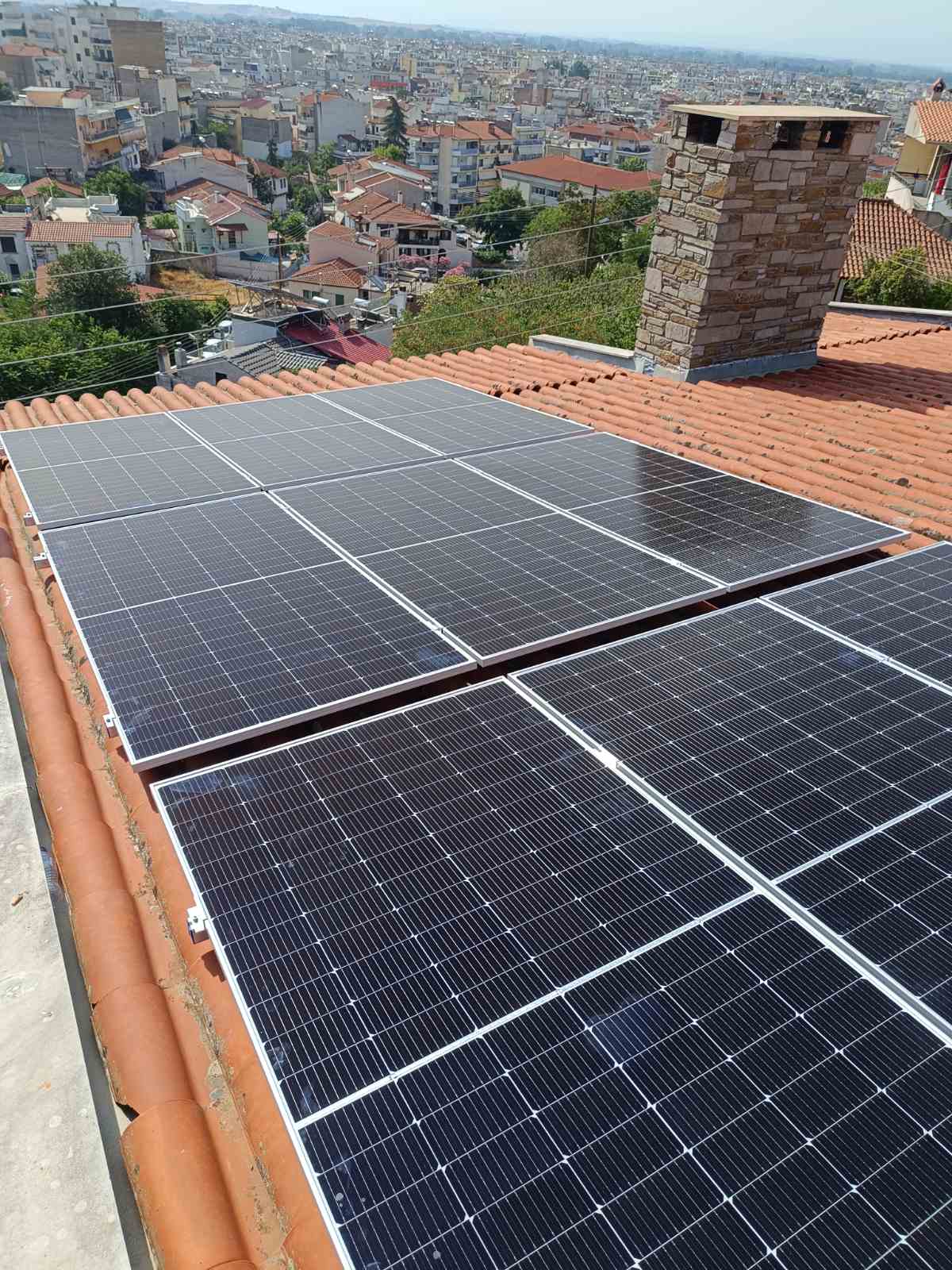- You have no items in your shopping cart
- Continue Shopping
Energy Self-Consumption Net Billing
Self-consumption of energy means that the energy produced is used directly by the producer for his own needs. This reduces dependence on the grid and costs for the consumer. The percentage of energy that is self-consumed depends on the energy needs and the production capacity of the system (e.g. a photovoltaic system).
Το Net Billing is an electricity pricing system that allows the electricity producer (e.g., a home photovoltaic installation) to use the energy it produces and sell the excess energy back to the grid.
Advantages of Net Billing and Self-Consumption
- Energy cost reduction: The direct use of the energy produced reduces the cost of bills.
- Investment performance: If there is excess energy, the consumer can earn by selling it to the grid.
- Environmental footprint reduction: The use of renewable energy sources contributes to the reduction of CO2 emissions.
Share:
Let's see how you can integrate its technologies Net Billing and the self-consumption energy in a home or a business, depending on your needs.
1. Installation in a Residence
If you are considering installing a photovoltaic system in a residence, you can follow these steps:
Basic steps for installation:
- Energy needs studying: The first step is to calculate the amount of energy you consume on a monthly basis (in kWh). This study helps determine the size of the photovoltaic system that will meet your needs.
- Photovoltaic system selection: You choose photovoltaic panels and an inverter that will meet these needs. If you intend to join the system Net Billing, it is good for the system to be able to produce a little more energy than you need, in order to sell the excess.
- Storage systems: If you intend to use the production exclusively for self-consumption, you may need a storage battery to store the energy you do not consume immediately and use it when needed (e.g. at night).
Advantages for the residence:
- Reduction of electricity bills: You can cover a large part or all of your energy needs, reducing expenses.
- Sale of excess energy: With Net Billing, energy that is not consumed is sold to the grid, allowing you to save or even earn income.
- Independence from the network: If you have a storage system (batteries), you can have energy even in cases of power outages.
2. Installation to Business
Businesses, especially those with high energy needs, can benefit even more from these technologies.
Basic steps for installation:
- Energy needs assessment: Many businesses have significant energy consumption during the day. It is necessary to calculate the average daily consumption in order to choose the appropriate size of photovoltaic system.
- Photovoltaic system: The system selection is similar to that of a home, but larger installations and more powerful inverters are often required to meet needs.
- Storage systems: If the business operates at night or needs a continuous supply of energy, storage batteries are equally important.
Advantages for the business:
- Reduced operating costs: Reducing consumption from the network significantly reduces the operating costs of the business.
- Green card: Businesses that use renewable energy project an environmentally friendly image, which can attract customers who value sustainability.
- Sale of excess energy: As with the home, the business can sell excess energy to the grid, increasing revenue.
Application and Connection Process
To install a photovoltaic system in Greece and join one of the programs (Net Billing or Net Metering), you need to submit an application to the Hellenic Electricity Network Operator (HENDIO). The process includes:
- Submit a connection request to ΔΕΔΔΗΕ.
- Technical analysis for system installation and technical compatibility with the network.
- Approval and installation of the system by certified installers.
- Netting contract with the electricity provider.
System installation usually takes from a few weeks to a few months, depending on the size and complexity.

